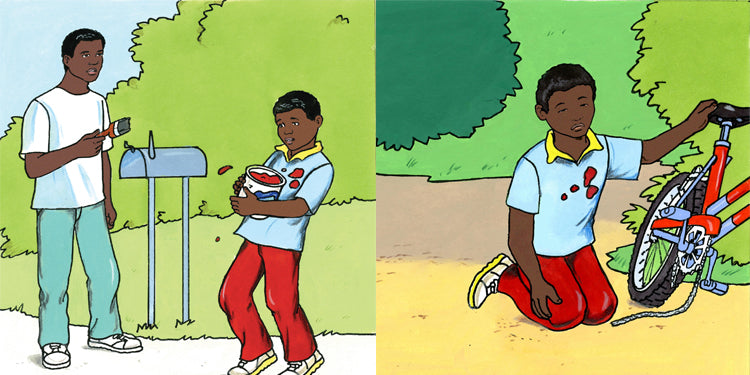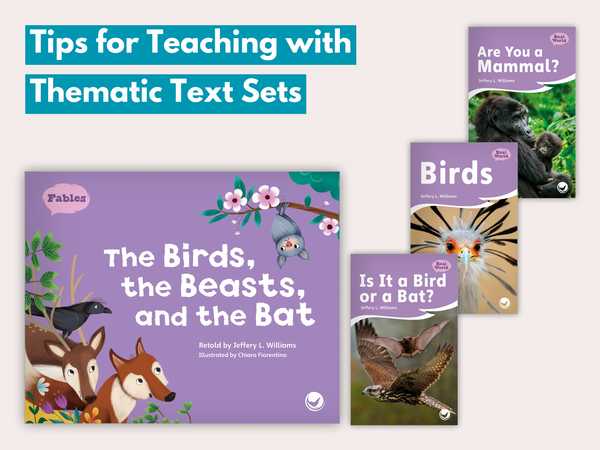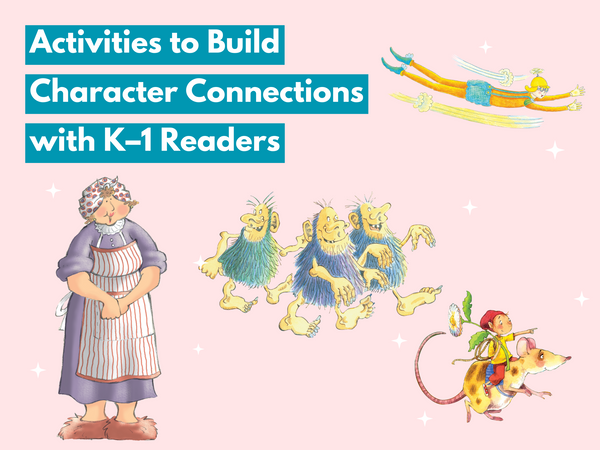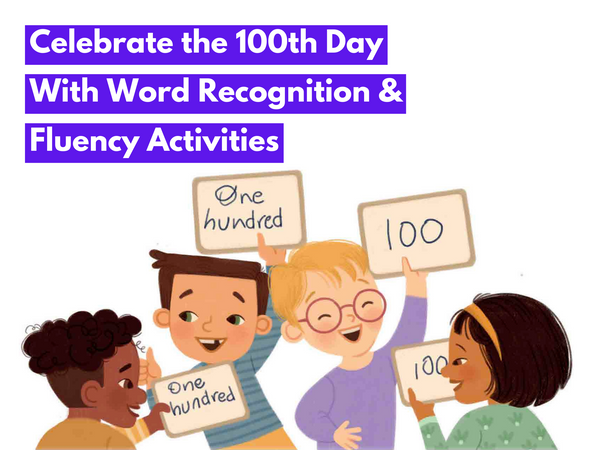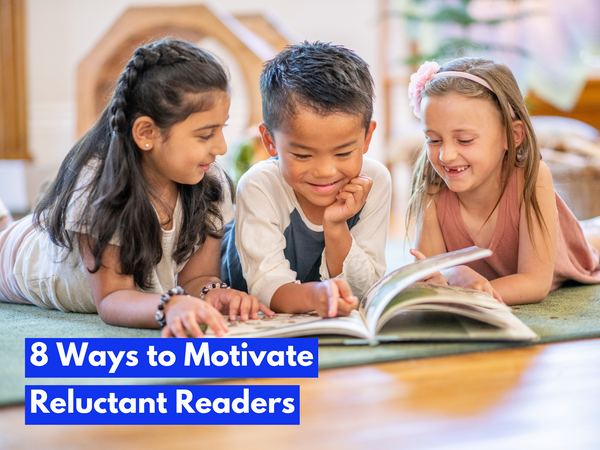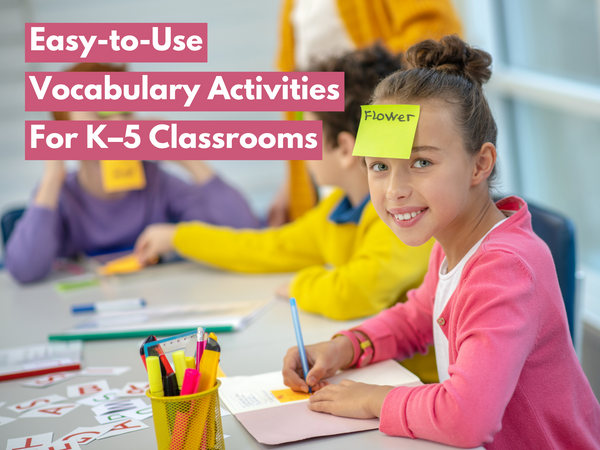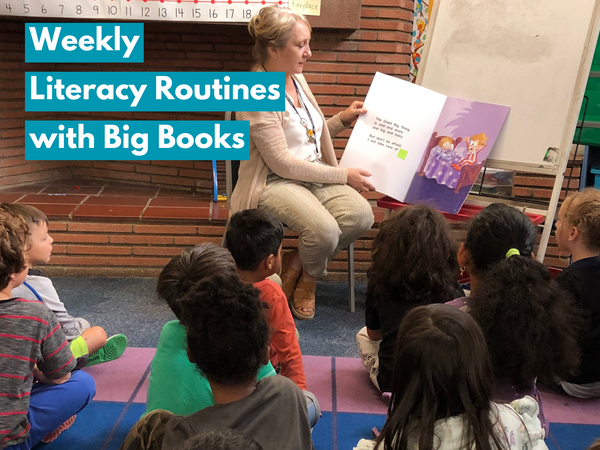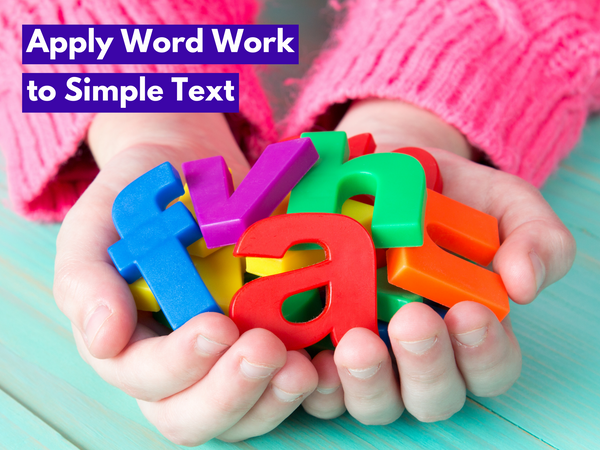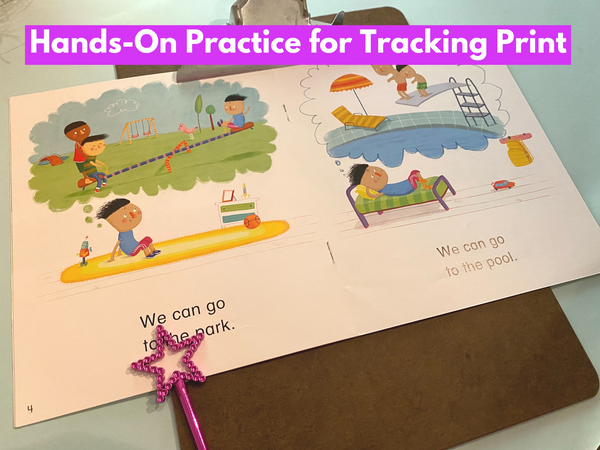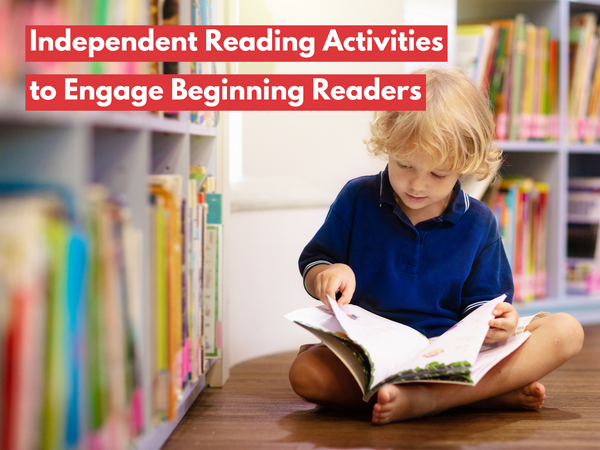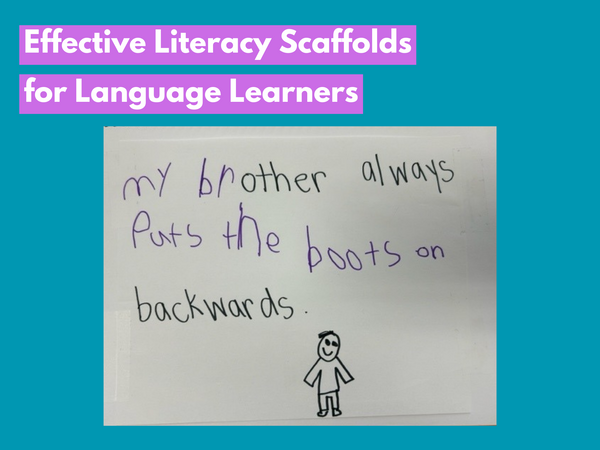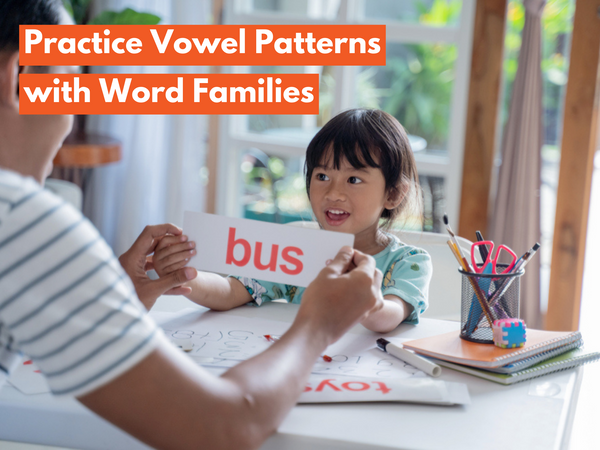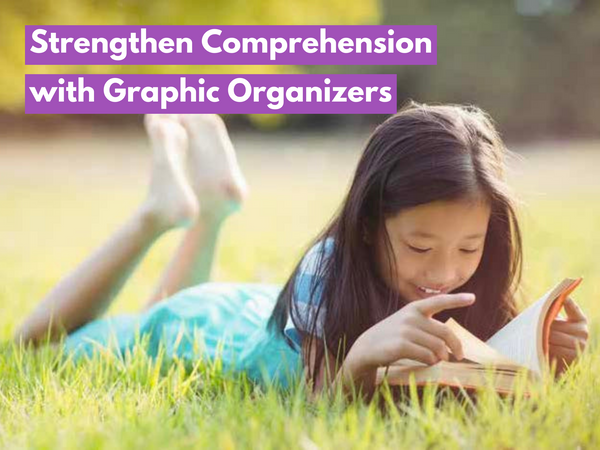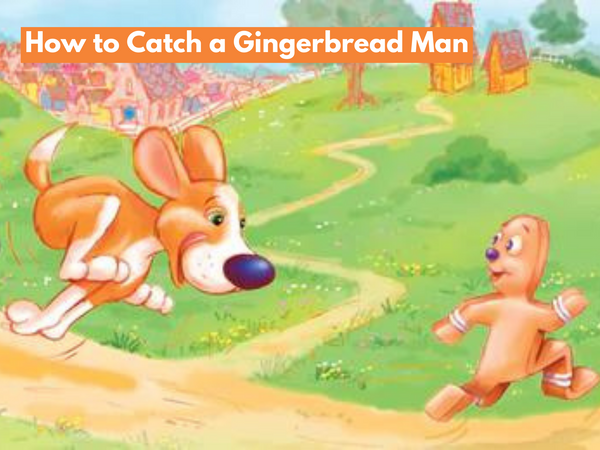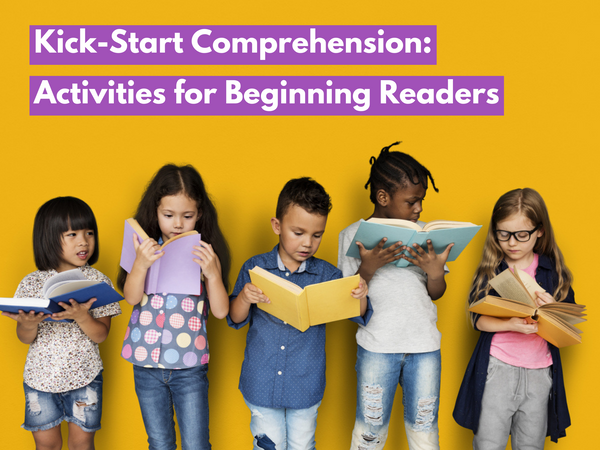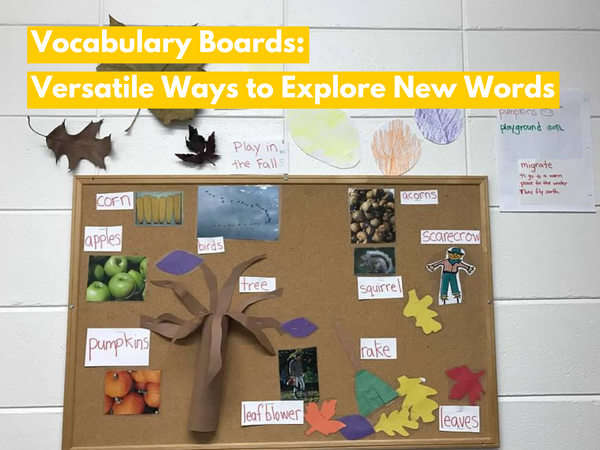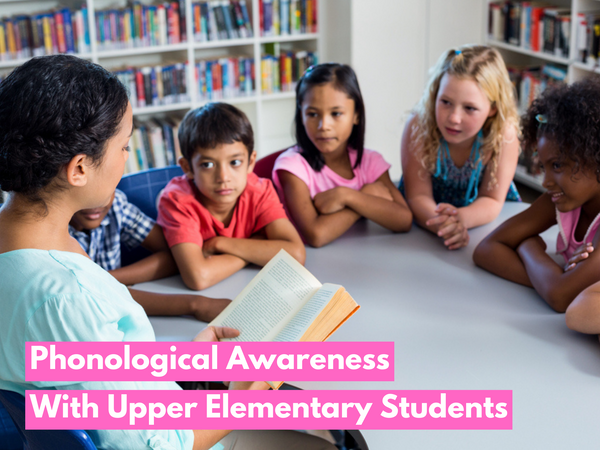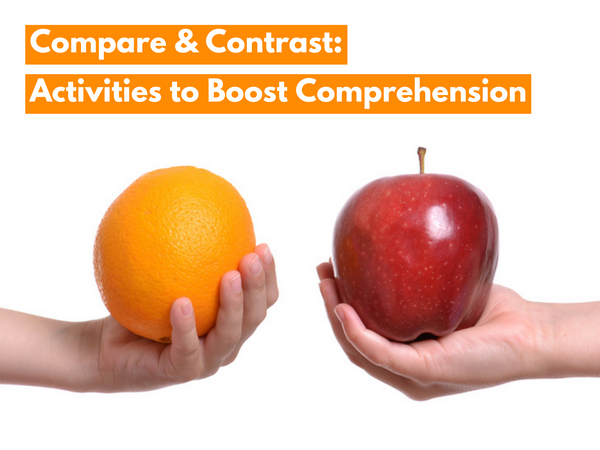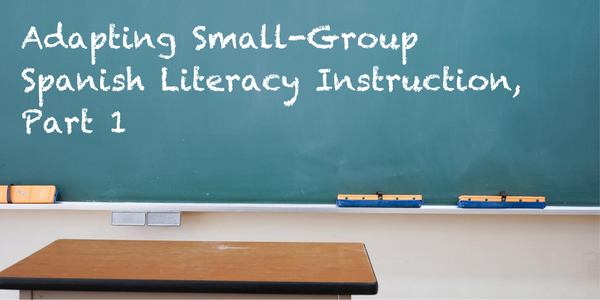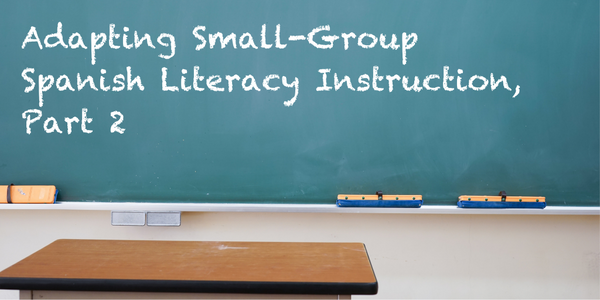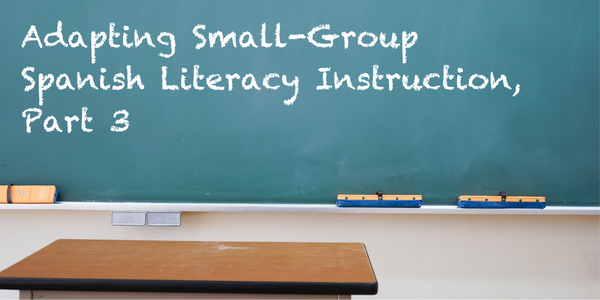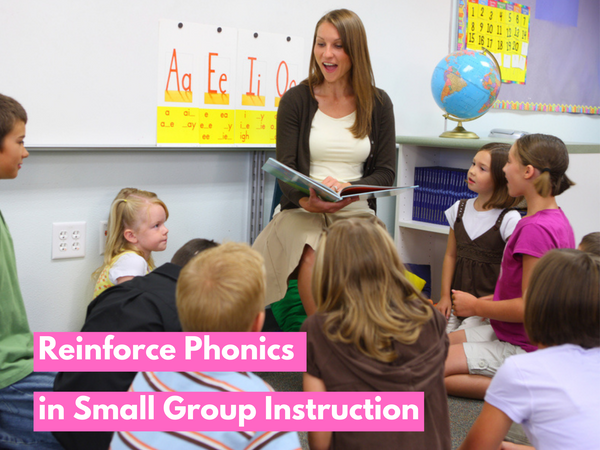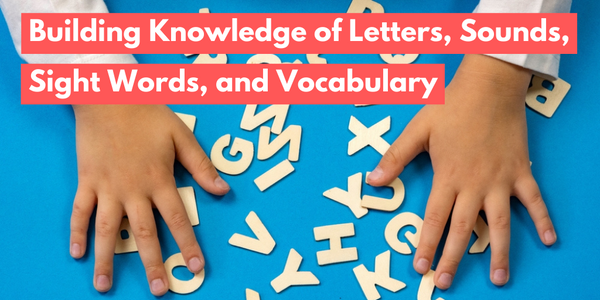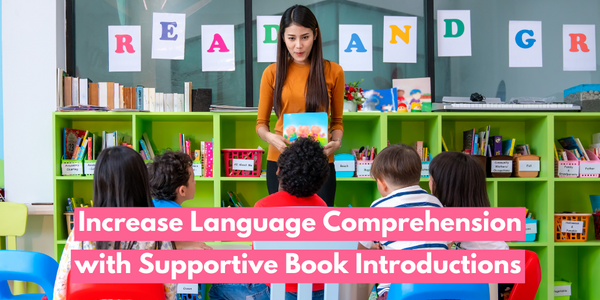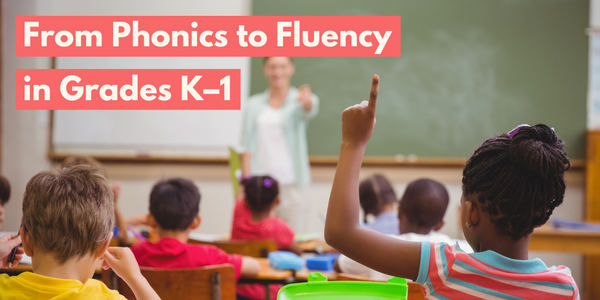
This is a guest blog post by Dr. Geraldine Haggard, who is a retired teacher, Reading Recovery teacher leader, author, and university teacher. It is the third in a series about using leveled books to teach the importance of good citizenship and classroom behavior. To read the first post, click here . To read the second post, click here .
In this series of blog posts, I have been looking at the use of guided-reading-leveled books in the early grades to help young students develop positive behavioral skills. Today’s example text is A Bad Day from the Kaleidoscope Collection . Although the book is leveled at Guided Reading Level F and designed as a read-aloud for kindergarten, some first graders may already be reading independently at the book's level.
Book Three: A BAD DAY
Remind the children that friends can turn play and school activities into happy experiences. Guide the children as they talk about the importance of friendship. Invite volunteers to share a happy time they have had in the classroom. Ask the others to share why they think their friend had that positive experience. Can all experiences be happy ones? If there was a bad day in the classroom recently, ask the children to discuss and explore why. Explain that you are going to share a story, A Bad Day .
Pages 2–9:
Invite the children to share their own bad days:
- Why did these bad things happen? Illustrations on pages 2 – 9 can be used to discuss why bad days may happen.
- What could the boy have done to prevent the bad things?
- Where was he when the bad things happened?
Pages 10–12:
- What was the surprise ending to the story?
- How do they think the boy felt when his bad days were actually dreams?
- How did he feel when he thought the bad things really happened?
Select pages 2, 3, 4, and 8.
How did the bad days in his dream affect others?
Help the children understand that
when one of them has a bad day, the day can become a bad day for others
. Pages 2, 4, and 8 probably became bad days for his mother and his teacher. For example, the torn pants on page 2 meant that the teacher had to contact a parent to bring another pair of pants. If the school nurse carried extra clothing for emergencies, the boy would have needed the nurse’s time and help. The dream on page 3 would require the teacher to find lunch for him, while the food his mother had prepared for him would be wasted.
 Conclude by asking the children to share ways that they can help prevent bad days
. Use the language experience technique to record the children's suggestions. The name of the child sharing an idea can be written in front of the idea. Have these children read their ideas to the class. The chart could be displayed on the bulletin board for children to read when they have library time. Inform the children that the next session on friendship at school will be based on classroom rules. Encourage them to think about important school rules and why those rules are needed.
Conclude by asking the children to share ways that they can help prevent bad days
. Use the language experience technique to record the children's suggestions. The name of the child sharing an idea can be written in front of the idea. Have these children read their ideas to the class. The chart could be displayed on the bulletin board for children to read when they have library time. Inform the children that the next session on friendship at school will be based on classroom rules. Encourage them to think about important school rules and why those rules are needed.
In the next blog post, I will share the fourth and last leveled book that you can use to help young students develop positive behavioral skills, leading to more effective classroom management.
This is the end of part three in this series of using leveled books to teach the importance of good citizenship and classroom behavior.
Click here to read the next installment!
You can also subscribe to our blog in the upper right sidebar to get new posts delivered to your inbox.
Geraldine Haggard is the author of several books from our Kaleidoscope Collection . She spent 37 years in the Plano, TX school system. She currently tutors, chairs a committee that gifts books to low-income students, teaches in her church, and serves as a facilitator in a program for grieving children.
~~~
Click the image below to download an information sheet with key features about the Kaleidoscope Collection , which contains the book mentioned in this post and books written by Geraldine Haggard.



